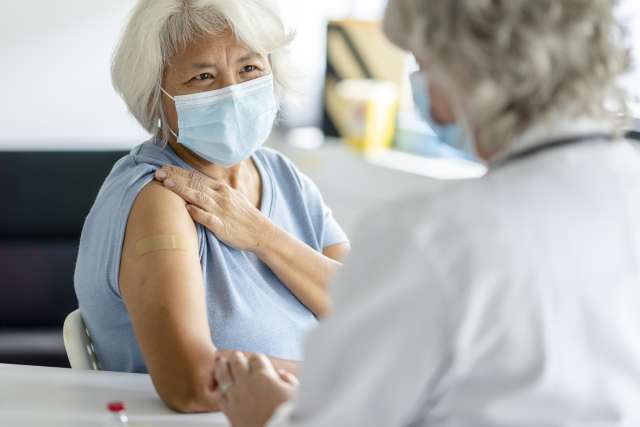Dear Doctors: Can you please talk about why hot weather is so dangerous? We’ve had a couple of heat waves with high humidity, and my grandfather didn’t even realize he had heat exhaustion. Air conditioning isn’t common in our area, and our kids are struggling, too. Honestly, it’s been a bit scary.
Dear Reader: A series of extreme heat waves, often with high humidity, are making for a difficult summer in much of the United States. Even regions where the climate is typically mild are getting hit hard. The result has been a sharp increase in heat-related illnesses, hospitalizations and, tragically, deaths. This occurs because, in order to function properly, warm-blooded creatures need their core temperature to stay within a narrow range. For humans, it’s somewhere in the neighborhood of 97 to 99 degrees Fahrenheit.
When ambient temperature, physical activity or a combination of the two cause us to overheat, our bodies use various physiological processes in an attempt to cool down. The first ones are flushing of the skin and sweating. The former sends blood to the surface of the skin in order to cool it, and the latter moistens the skin itself, allowing for an evaporative and cooling effect.
But when temperatures get high enough, flushing can’t cool the blood. And on humid days, when water saturates the air, sweat evaporates far more slowly, if at all. With the body's natural cooling systems canceled out, core temperature begins to rise. This marks the advent of an increasingly serious range of heat-related illnesses.
The mildest of these illnesses, also known as hyperthermia, are heat-related dizziness or fainting and heat cramps. When these occur, the person should stop all activity, move to a cool, shaded place and gradually drink water to rehydrate.
A serious collection of heat-related symptoms is known as heat exhaustion. It is marked by dizziness, heavy sweating, clammy skin, headache, exhaustion, a weak and rapid pulse, decreased urine output, slightly elevated body temperature and sometimes nausea or vomiting.

If left untreated, heat exhaustion can quickly lead to heat stroke. Those symptoms include skin that is hot to the touch and often dry, body temperature of 104 Fahrenheit or higher, mental confusion, loss of consciousness and a rapid and pounding pulse. Heat stroke is an emergency. Immediate medical care is needed in order to prevent brain damage, organ damage and even death.
Never ignore any form of heat-related illness -- even the mildest form can escalate into a medical emergency.
In this time of unusual summer heat, it’s important to have a heat safety plan. Learn about the various options for staying cool that are available in your community. This includes public spaces that are air-conditioned such as malls, public libraries and senior citizen centers. Many communities open dedicated cooling centers during a heat wave. Stay abreast of weather reports. Whenever a heat wave strikes, stay safe by putting your safety plan into immediate action.
To learn more, take the Heat Stroke Quiz.
(Send your questions to [email protected], or write: Ask the Doctors, c/o UCLA Health Sciences Media Relations, 10960 Wilshire Blvd., Suite 1955, Los Angeles, CA, 90024. Owing to the volume of mail, personal replies cannot be provided.)



